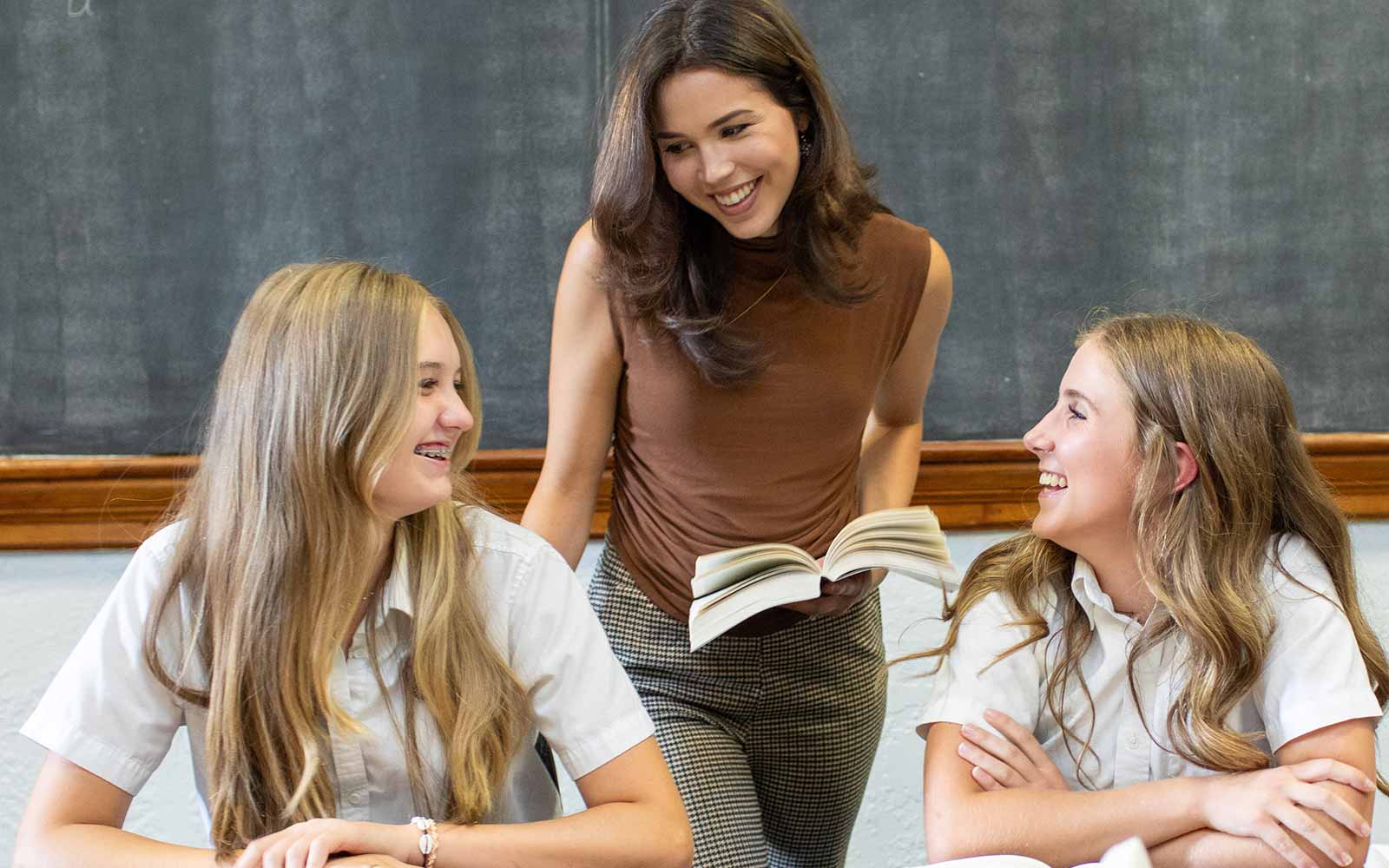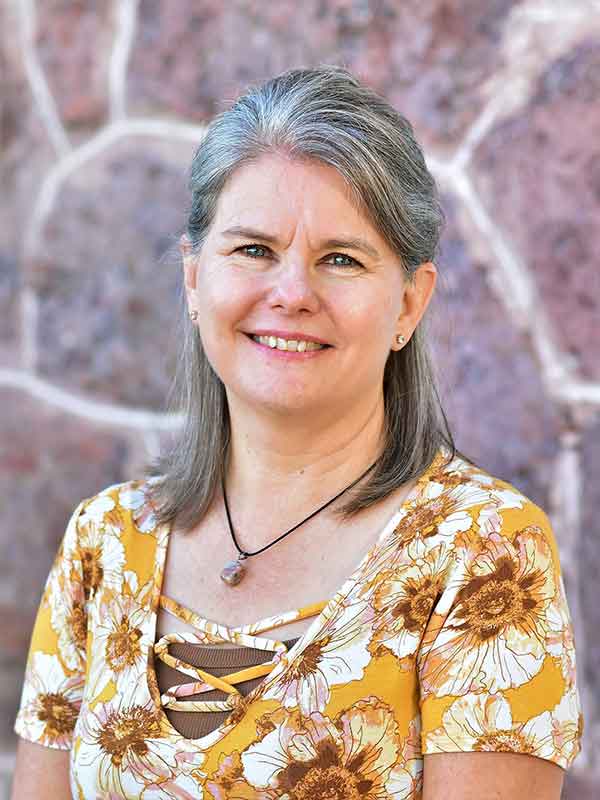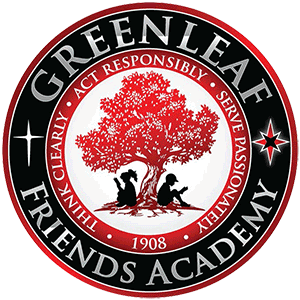
The Classical Curriculum
The task of parents is not to give kids what they want, but to give them what is good and pray they come to want that. The exact same thing can be said of classical Christian teachers: our goal is not to give students what they like, but to give them what is good and then pray they grow to like that. Classical Christian education rejects the cultural relativism of our day. There are some things in life that are better – more true, more good, and more beautiful – than other things. Our curriculum is designed to put those better things – books, music, art, architecture, entertainment, ideas, etc. – in front of our students and pray they come to love them. Those better things are those things that have stood the test of time; they have stood the test of time because of their richness, their beauty, their complexity, their excellence, etc.
This means that GFA’s education is by definition rigorous. We read books that the rest of the world has given up on as antiquated, irrelevant, written by “old, dead white men,” or just plain too hard: Homer and Virgil, Plato and Aristotle and Cicero, Moses and Solomon, Matthew and Paul, Shakespeare and Sophocles, Milton and Chaucer, Augustine and Aquinas, et al. These authors are in our curriculum not because they are hard, but because they are good. One of the best things schools can do is to put students into contact with the greatest thinkers the world has produced with the hope that they too will become great thinkers.

